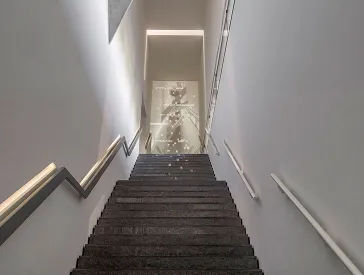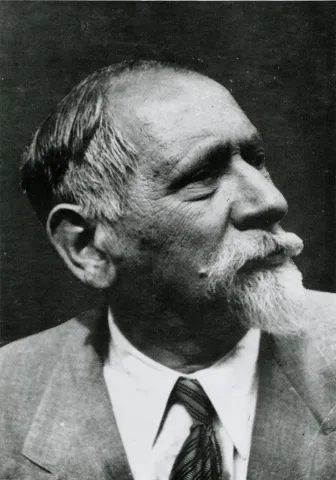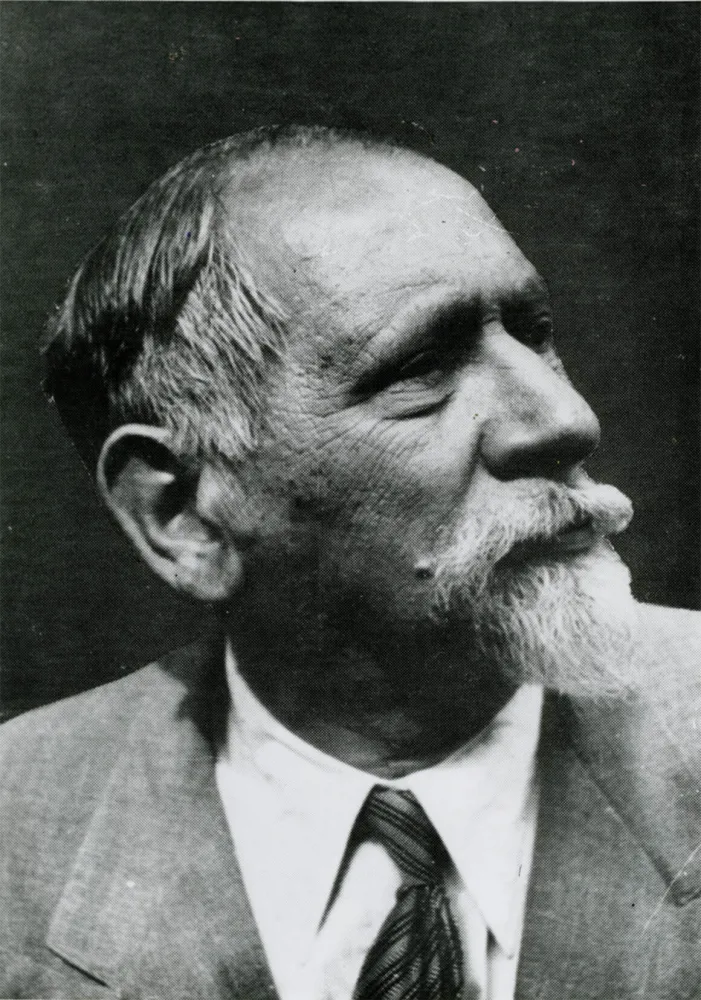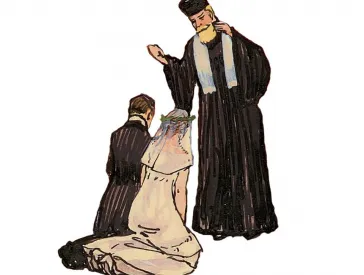Leo Baerwald
Rabbi
Leo Baerwald (1883–1970) was the rabbi of Munich’s main synagogue from 1911 to 1938 and played a leading role in the German-Jewish immigrant community in New York from 1940 onwards.
He was born in Saaz, Bohemia, on 20 September 1883. His father was also a rabbi. After high school at the Wilhelm Gymnasium in Munich, he studied in Breslau at the Jewish Theological Seminary and the University of Breslau. In 1905, he completed his dissertation, titled The Development of Lotzean Psychology, at the University of Erlangen. He then decided to follow in his father’s footsteps and returned to the Jewish Theological Seminary in Breslau, where he passed his rabinical examination six years later.
Rabbi at the Main Synagogue in Munich
The freshly ordained Baerwald accepted the post of second rabbi at Munich’s main synagogue.
The outbreak of the First World War created another pastoral duty in the large congregation. Until December 1917, he provided pastoral care for Jewish soldiers as a military chaplain. For his service, he was awarded the Bavarian Order of Military Merit, Fourth Class, and the Iron Cross, Second Class.
His return to the synagogue on Herzog-Max-Strasse meant a career advancement. In 1918, Baerwald was appointed the successor of the Munich Jewish community’s late chief rabbi, Dr. Cosman Werne (1854–1918). His nomination as the community’s highest representative was especially welcomed by the community’s liberal majority, but its Orthodox and Zionist members supported him as well. Together with his wife Jenny Baerwald, née Blumenthal, who was Chair of the Munich Jewish Women’s League, Leo Baerwald was a prominent figure in the Munich Jewish community for more than twenty years.
Nazi Persecution
Beginning in 1933, the rabbi was increasingly subjected to anti-Semitic incidents. In the course of one year, he received death threats and was kidnapped by the SA. In June 1938, he was forced to watch the destruction of his synagogue. During the November Pogrom, Baerwald was arrested and sent to Dachau concentration camp with more than 10,000 other Jewish men. Violently pressured to emigrate, he prepared to leave the country after his release. Until he set off on the difficult journey, Baerwald continued to oversee the Munich Jewish community.
Rabbi in New York
In 1940, Leo Baerwald successfully emigrated to the United States. In Washington Heights, a neighborhood of Manhattan with a strong German-Jewish presence, he was involved in founding Congregation Beth Hillel. The congregation primarily consisted of immigrants from Munich and Nuremberg who brought along distinct religious traditions. Baerwald, personally a member of the Reform movement in Judaism, was a strong advocate of bringing together different religious groups. He served as the congregation’s first rabbi until he retired in 1955.
In addition to his work at the synagogue, he served as President of the B’nai B’rith Jewish organization in New York.
Honors
As a major figure of German Jewry and especially the Jewish community of Munich, Baerwald was honored with the Bavarian Order of Merit in 1965. In 1969, his former hometown presented him with the München Leuchtet (Munich Shines) medal of honor.
Leo Baerwald died on 8 April 1970 in New York.


 X
X
